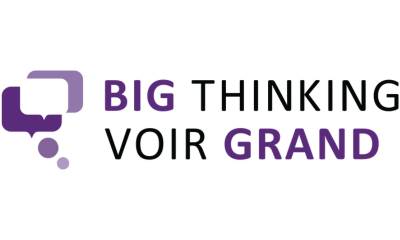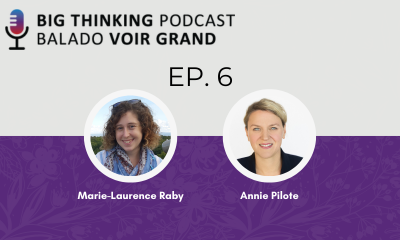VANCOUVER, June 2, 2019 — A survey of undergraduate students in Canada found that unwanted sexual experiences are an everyday occurrence. The study involved 145 post-secondary students who were asked to complete a daily survey about their experiences on campus for 60 days.
“If we can understand these experiences, we can help address the sexual violence that is part of campus culture,” says lead author Katelin Albert, a researcher in the Department of Sociology at the University of Toronto, Scarborough.
It’s well known that university campuses tend to have high rates of sexual assault. However, sexual assault is only one type of unwanted sexual experience that students are subject to. The spectrum can range from hearing sexual remarks, to harassment, all the way to rape and sexual assault. Albert argues that it’s important to take even those subtler incidents seriously. She points out that even subtle forms of discrimination have been strongly linked to depressive episodes.
This study was unique in its approach to collecting data. Most of the existing research on this topic has relied on retrospective accounts, which can limit the scope of results. By surveying students every day for 60 days, this study was able to document unwanted sexual experiences as close as possible to when they occurred. This method also allowed researchers to pinpoint typical characteristics of these incidents like location, perpetrators, and use of substances.
“Unfortunately, the high frequency isn’t surprising,” says Albert, but she hopes in the long term, the results will provide insight into the connection between unwanted sexual experiences and mental health, insights which will hopefully help foster healthier campus communities.
The paper Sixty days in the life of a student: A daily e-dairy study into unwanted sexual contact and mental health on a Canadian campus by Katelin Albert, Amanda Couture-Carron and Erik Schneiderhan is among thousands of new pieces of research being presented this week at the Congress of the Humanities and Social Sciences. Canada’s largest academic gathering, Congress brings 8,000 of the country’s brightest researchers, thinkers, and policy-makers to Vancouver from June 1-7.
Congress is organized by the Federation for the Humanities and Social Sciences, which promotes research and teaching for the advancement of an inclusive, democratic and prosperous society. With a membership now comprising over 160 universities, colleges and scholarly associations, the Federation represents a diverse community of 91,000 researchers and graduate students across Canada. Congress 2019 is hosted by The University of British Columbia.
The Congress 2019 media kit can be downloaded here. More information about Congress is available on their website, Twitter and Facebook.
-30-
The views and opinions expressed by the researchers in this media release and in the paper being presented at the Congress of the Humanities and Social Sciences are their own and do not reflect those of the Federation for the Humanities and Social Sciences nor of The University of British Columbia.
For interview requests
Federation for the Humanities and Social Sciences
Nicola Katz
Manager of Communications
nkatz@ideas-idees.ca
Cell: 613-282-3489
University of British Columbia
Erik Rolfsen
Media Relations Specialist
erik.rolfsen@ubc.ca
Cell: 604-209-3048

Pousser la réflexion au-delà des différences : perspectives liées à l’activisme queer, aux personnes bispirituelles, et aux études critiques sur le handicap
Voir Grand au Congrès 2023 À quoi ressemblerait l’engagement de se connaître et de prendre soin les uns des autres malgré de nos différences? Comment pouvons-nous approfondir nos relations en portant plus d’attention aux perspectives queers, de même...

L'avortement au Canada est-il un droit acquis?
← Page d'accueil du balado Voir Grand Saison 3 → Description | À propos de l'invitée | Transcription | Suivez nous Description Suite au renversement de l'arrêt Roe contre Wade par la Cour suprême des États-Unis l'an dernier et aux récentes...

What does social justice mean to you?
What does social justice mean to you, and how can research help advance it to forge the future you want? To mark its 25th anniversary, the Canada Foundation for Innovation hosted a panel discussion around this topic at Congress 2022.
